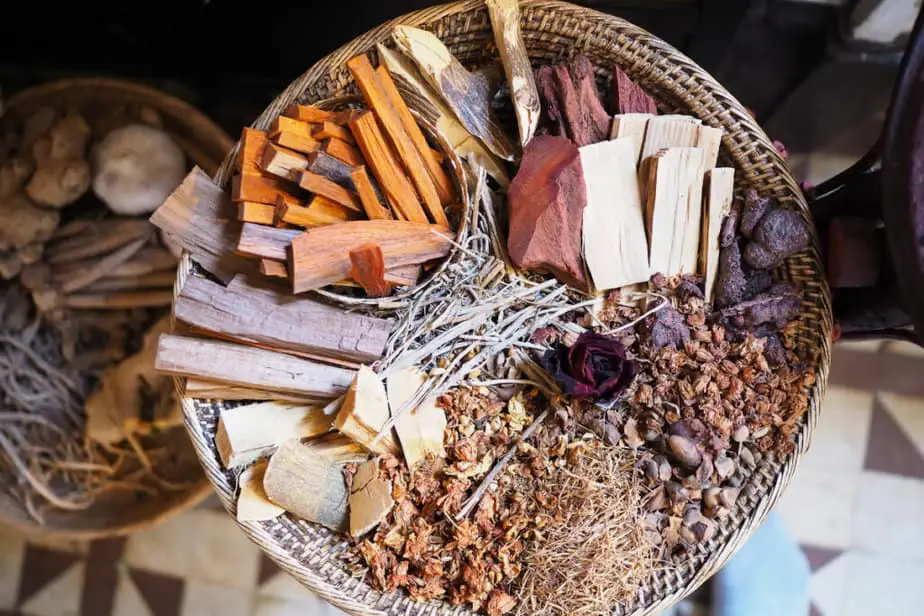Buckthorn Bark, also known as Alder Buckthorn, Alder Dogwood, Black Dogwood, and Glossy Buckthorn, has been used since the days of ancient Greece for gut health improvement. At that time it was thought to protect against poisons, headaches, witchcraft and demons.
In the mid 1600’s it became recognized in Europe as a treatment for constipation, and at the time was listed in the London Pharmacopoeia a primary source for medical reference.
It became recognized officially as a drug in the United States in the early 1800’s when it was listed in the National Formulary, as a treatment for constipation.
Today you can see Buckthorn Bark used in conjunction with Cascara Sagrada as an herbal supplement to relieve constipation and the symptoms associated with constipation.
Buckthorn Bark comes from the Alder Buckthorn tree which is native to Europe and parts of western Asia. The bark is collected in the summer from the branches of the tree. It is very important that it is aged for at least one year or dried in ovens which speed up the drying process.
This drying process is important as “raw” Buckthorn Bark is much too potent to be ingested and processed by our digestive systems. Once the bark has aged it is dried, powdered and made into liquid extracts, capsules or tablets.
- Related: Understanding Gut Health

Constipation and Buckthorn Bark
Buckthorn Bark’s main function is to relieve constipation. It contains chemicals that stimulate intestinal movement (peristalsis) and also attract more water to the intestines, both of which promote the emptying of intestinal contents.
Buckthorn contains compounds called anthraquinones which, when taken, help to move stool more quickly through the colon. These anthraquinones increase the colon’s ability to contract and reduce water absorption by the intestines.
The spontaneous contractions of the colon are what push built up fecal matter through the colon, effectively cleansing the colon. The water that is not absorbed by the intestines is absorbed into the stool. Making movements softer and giving them more volume to pass more easily.
Hemorrhoids, Anal Fissures and Buckthorn Bark
Buckthorn Bark’s ability to soften the stool and relieve constipation makes it an effective tool in reducing the presence and symptoms of hemorrhoids and anal fissures.
The presence of anthraquinones in Buckthorn Bark allow for the intestines to absorb less water. This water is then absorbed by stool, increasing their volume and making them softer.
These softer stools pass more easily without the need to strain, which can cause hemorrhoids to swell or anal fissures to develop.
Colon Cleansing and Buckthorn Bark
Buckthorn Bark is an effective colon cleanser because of its ability to increase the motility of the colon.
The anthraquinone compounds in Buckthorn Bark help to stimulate the spontaneous movement of the colon. It’s these spontaneous movements that push the fecal matter. As your colon contracts more regularly, more frequent movements are produced.
Buckthorn Bark Benefits Summary
- Relief from constipation is the primary function of Buckthorn Bark.
- Helps to relieve hemorrhoids and anal fissures.
- The increased motility helps to cleanse the colon more efficiently.
Other articles on gut health that you might be interested in:

